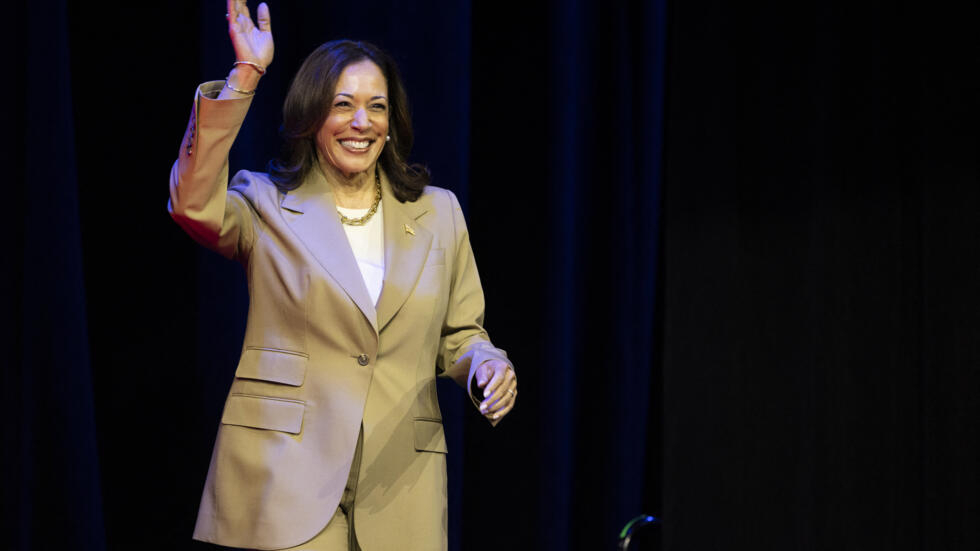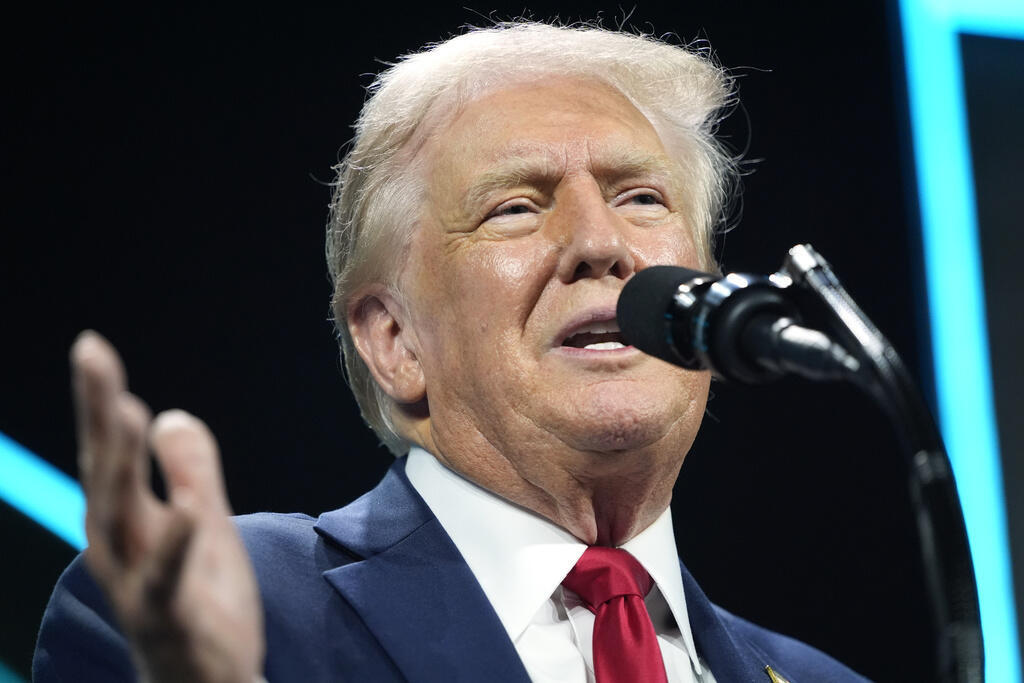The next U.S. president will face the challenging task of regulating big tech companies to address concerns over their dominance and power while balancing the need for free speech, privacy, and innovation. Vice President Kamala Harris, who has garnered substantial support within the Democratic Party, is set to run against former President Donald Trump. Both candidates have differing views on key tech issues, which will significantly impact their approach to social media and tech regulation.
Regarding TikTok, Harris has not indicated any plans for a ban, whereas Trump attempted to ban the app in 2020 but reversed his stance in 2024 amidst rebuilding ties with a significant Republican donor who has financial interests in TikTok.
On content moderation, Harris advocates for stricter regulations and transparency, promoting a collaborative approach between the government and social media platforms. Conversely, Trump has pushed for revising Section 230 to hold platforms more accountable but has also used these platforms to spread misinformation himself.

Kamala Harris
In addressing online harassment and hate speech, Harris supports stricter measures to hold platforms accountable, while Trump favors protecting free speech over imposing stringent controls. When it comes to data privacy, Harris supports stronger laws to protect users’ information and empower them with control over their data. Trump, however, has been less vocal on privacy issues, generally favoring lighter regulation.
On antitrust enforcement, Harris is likely to continue Biden’s efforts to promote fair competition and prevent monopolies. Trump has shown an aggressive stance toward scrutinizing mergers and acquisitions in the tech sector. While Harris has expressed openness to breaking up big tech companies, Trump’s interest in such measures seems driven more by personal grievances than antitrust concerns.
Regarding AI regulation, Harris supports Biden’s executive order for more oversight and regulation, whereas Trump has promised to reverse it. On election interference, Harris acknowledges the threat of foreign interference and wants platforms to prevent future attacks, while Trump demands stronger actions from platforms, citing bias against conservatives and alleged interference in previous elections. These contrasting stances highlight the distinct approaches each candidate may take toward managing big tech and social media issues.








































